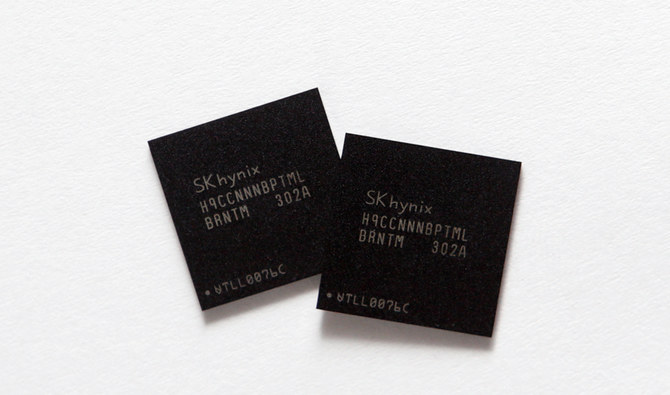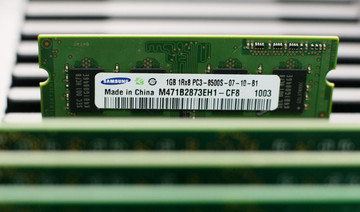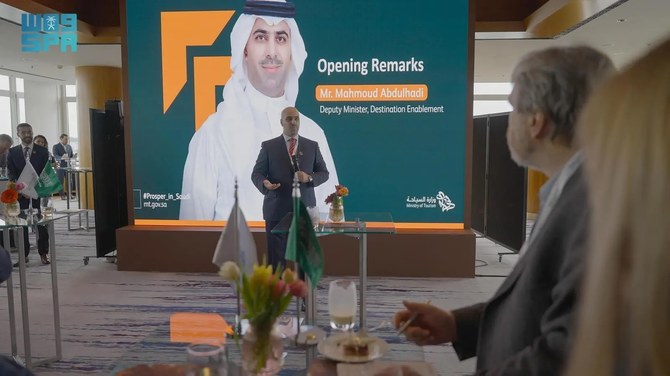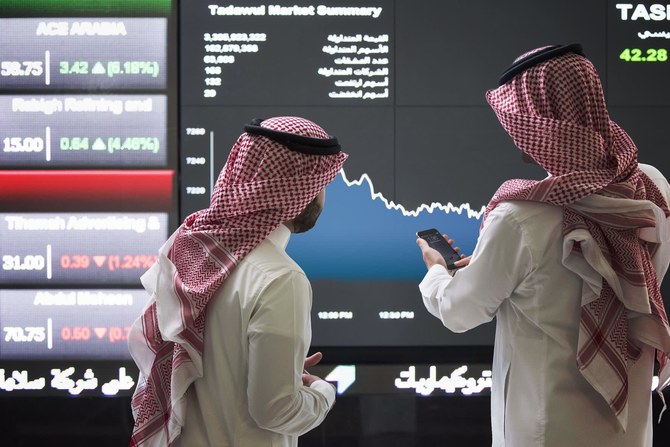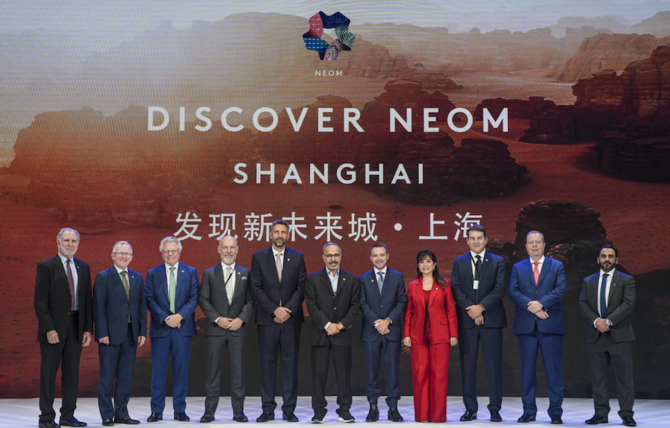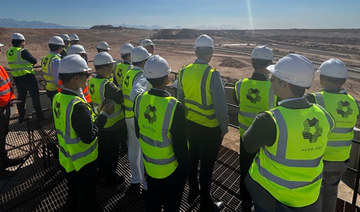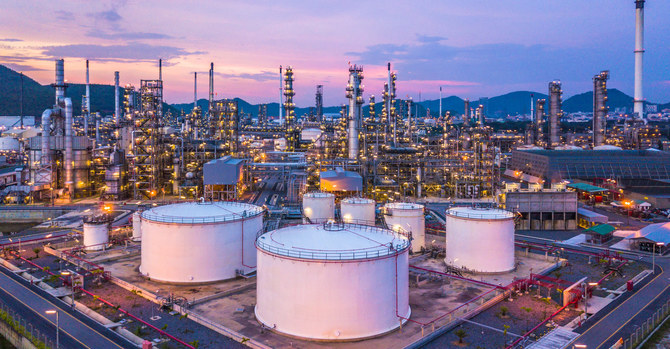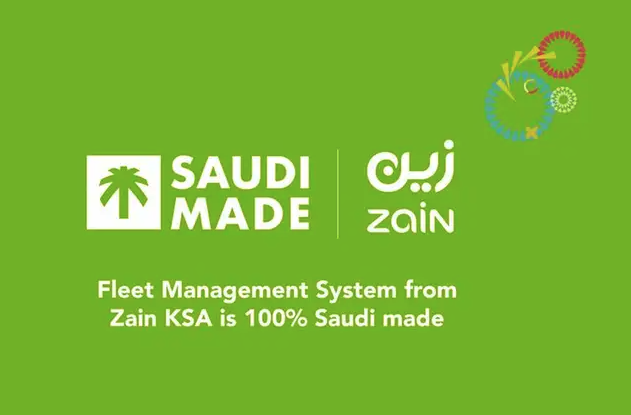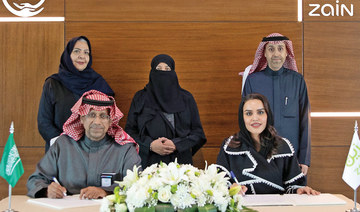SEOUL: Memory chip spot prices have risen for the first time this year, indicating grim warnings of “never seen before” spikes and a supply disruption could come to pass as a dispute between South Korea and Japan drags on.
The 15 percent spike in DRAM chip prices over a week — in a sector dogged by oversupply and weak demand for more than a year — comes after Japan tightened curbs on exports of some chipmaking materials to South Korea — home to the world’s top two memory chipmakers, Samsung and SK Hynix Inc.
To be fair, the price surge indicated by industry tracker DRAMeXchange refers to the spot market that accounts for less than a 10th of the memory chip landscape as most major tech firms source through mid- and long-term contracts.
Given this background, major customers such as iPhone maker Apple are yet to start stockpiling, but the price spike has started fueling fears that Japan’s curbs will soon impact supply, several industry sources said.
“If the ban continues, memory prices will skyrocket like never seen before as 75 percent of DRAM and 45 percent of NAND global output is at risk,” Mark Newman from Bernstein said, referring to South Korea’s dominance in the supply of those memory chips.
A person at a South Korean chipmaker said customers were “following the situations closely” but “taking a wait-and-see approach as demand remains weak.”
Samsung and SK Hynix declined to comment.
“We will need contingency plans if the impact materializes,” said a spokeswoman at Vaio, a Sony Corp. spinoff.
“Options include seeking alternative chip suppliers outside South Korea,” she said, adding business at the Japanese computer maker had not yet been hit.
Taiwan Semiconductor Manufacturing Co. Ltd, the world’s top contract chipmaker, warned that Japan’s export curb is the “biggest uncertainty” for the fourth quarter.
Japan has tightened curbs on exports of three chipmaking materials — fluorinated polyimides, used in smartphone displays; photoresists, used to transfer circuit patterns onto semiconductor wafers; and hydrogen fluoride, used as an etching gas when making chips.
South Korea sourced 94 percent of fluorinated polyimides, 92 percent of photoresists and about 44 percent of hydrogen fluoride from Japan in the first five months of this year, Korean industry data showed.
Seoul has said it is seeking to make its supply chain more independent and has been getting fresh offers from Russia and China to provide hydrogen fluoride.
In the NAND flash market, supply has also been hurt by an output halt at Japan’s Toshiba Memory last month due to a power outage.
A person at Toshiba Memory said the plant resumed operations in mid-July, but it will take time for shipments to recover fully.



